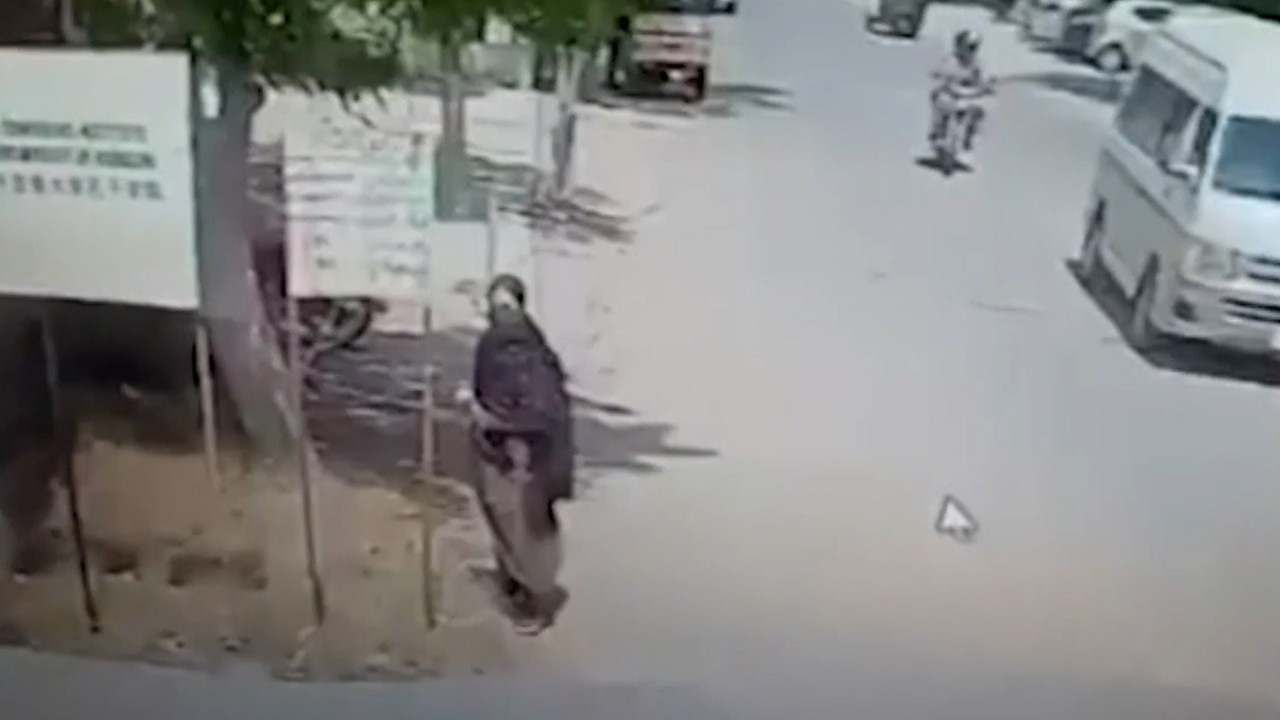
In debt and out of favour, Pakistan is struggling to patch up relations with China
- Attacks against Chinese nationals in Pakistan have tested bilateral ties, with Beijing pushing for a crackdown on terrorism
- Added to Islamabad’s security worries is a dispute over payments to Chinese power companies, which threatens to disrupt infrastructure projects and fuel economic strife
After Saudi Arabia, China is the second country that every new Pakistani leader visits soon after taking charge. These inaugural trips are goodwill gestures that, in the past few years, have assumed added significance due Pakistan’s growing economic dependence on its close friends and allies.
Since Sharif assumed office, the Pakistani army chief General Qamar Javed Bajwa has visited China, while Yang Jiechi, China’s top diplomat, visited Pakistan, both in an effort to reinvigorate ties.

Thanking Islamabad for the arrest, Chinese Foreign Ministry spokesman Zhao Lijian expressed hope that Pakistan would “continue to make every effort to seek the truth, severely punish the perpetrators, resolutely crack down on the terrorist organisations involved in the case and ensure the safety of Chinese personnel and institutions in Pakistan”.
Though the BLA has been banned by Pakistan’s interior ministry, China is pushing for the Majeed Brigade to be placed on the United Nations Security Council’s 1267 Terrorism Sanction List.
More importantly, Beijing has asked Islamabad to allow private Chinese companies to provide security to Chinese projects and nationals in Pakistan. This request has caused a deadlock as Pakistan is not ready to allow private security companies on its soil, believing it will reflect poorly on the country’s law enforcement capabilities.
The IMF urged Pakistan to renegotiate the Chinese IPPs’ terms of agreement under the country’s 1994 and 2002 power policies to bring their financial compensation on a par with other power providers in Pakistan.
Why Pakistan’s new prime minister is good news for China
China has also not been very forthcoming to Sharif given the uncertainty surrounding the future of his government and the current lame-duck status of General Bajwa, who will retire in November. China will continue its wait-and-see policy while Sharif works overtime to address Chinese concerns. It will certainly be a while before China-Pakistan ties are back on track.
Abdul Basit is a research fellow at the S. Rajaratnam School of International Studies, Singapore


